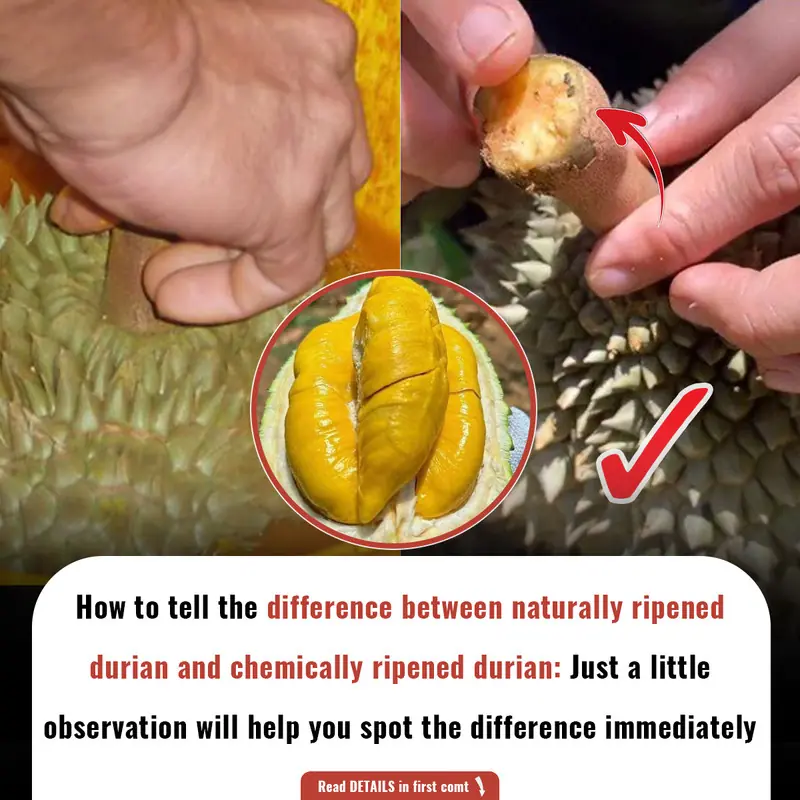
10 Surprising Signs You Might Have a Parasite & How to Get Rid of It
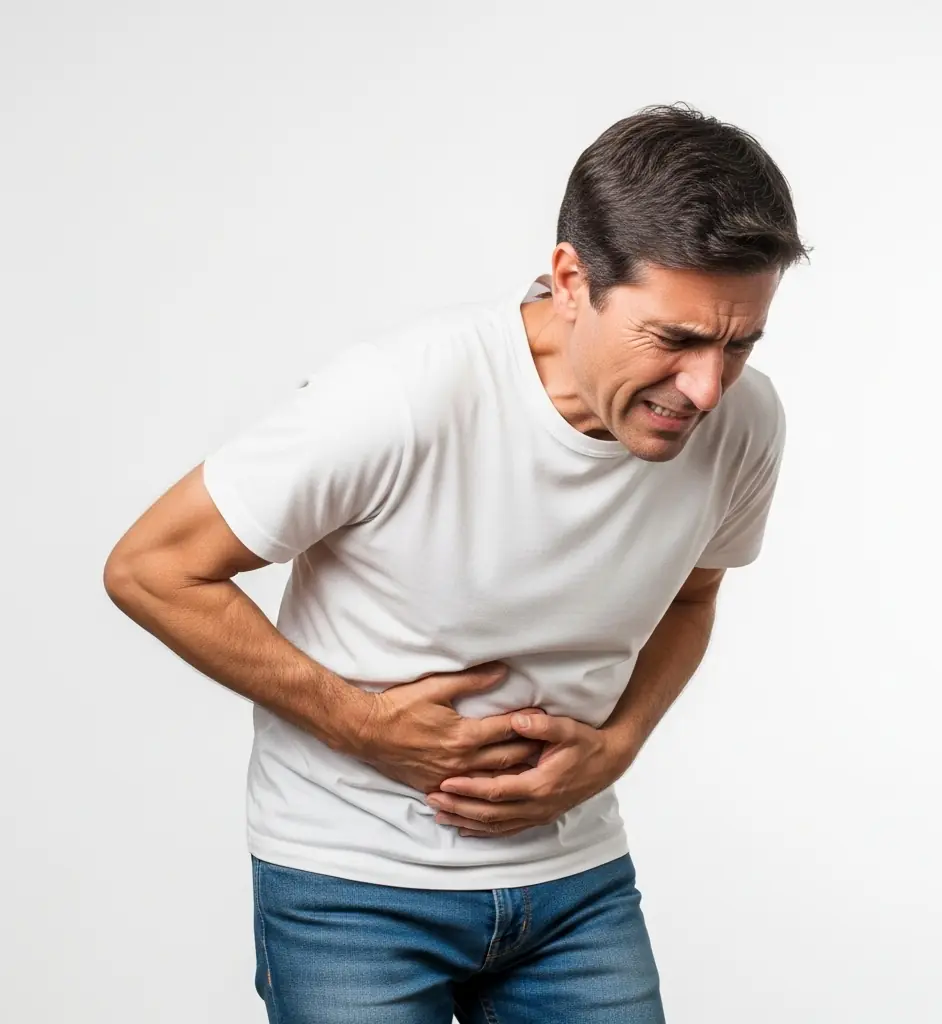 Parasites can live inside your body without showing any signs, or they can cause severe discomfort and illness. While many people associate parasitic infections with underdeveloped countries, they can affect anyone, no matter where they live. These unwelcome invaders feed off your body’s nutrients, potentially leading to digestive issues, skin problems, and more. But how do you know if you're infected with a parasite? This article will cover the 10 signs you may have a parasite, along with ways to effectively treat them.
Parasites can live inside your body without showing any signs, or they can cause severe discomfort and illness. While many people associate parasitic infections with underdeveloped countries, they can affect anyone, no matter where they live. These unwelcome invaders feed off your body’s nutrients, potentially leading to digestive issues, skin problems, and more. But how do you know if you're infected with a parasite? This article will cover the 10 signs you may have a parasite, along with ways to effectively treat them.
What Are Parasites?
Parasites are organisms that live off another organism, often causing harm in the process. They rely on their host for survival, feeding off its resources to sustain themselves. There are three main types of parasites that can affect humans:
-
Protozoa: Single-celled organisms that can multiply within their host.
-
Helminths: Worm parasites, including roundworms, pinworms, and tapeworms.
-
Ectoparasites: These live on the skin’s surface, like lice and fleas.
While parasites can range in size from microscopic organisms to visible worms, they can all have a significant impact on your health.
10 Common Signs You May Have a Parasite
Here are 10 signs you might have a parasitic infection:
1. Digestive Issues
One of the most common symptoms of parasites is digestive problems. Parasites can reside in your gastrointestinal tract and interfere with your body’s ability to digest food properly. Symptoms such as bloating, gas, nausea, diarrhea, and constipation can indicate an infection. Studies show that digestive discomfort, especially if persistent, can be linked to parasitic infestations.
2. Traveler’s Diarrhea
If you’ve recently traveled abroad and developed diarrhea, it could be the result of a parasite. Travelers often contract parasites from contaminated food, water, or unsanitary conditions, leading to gastrointestinal distress. This is commonly referred to as "traveler’s diarrhea," which can linger if a parasitic infection is present.
3. Sleep Disturbances
Parasites, especially during the night, can cause discomfort and wake you up frequently. Sleep apnea, insomnia, or waking up at odd hours may be linked to the discomfort caused by parasites, particularly if the parasite is most active at night.
4. Skin Issues
Unexplained skin issues, such as rashes, itching, or hives, can be signs of a parasitic infection. Some parasites, like pinworms, may cause itching around the anus, while others trigger an allergic reaction, resulting in skin irritation. Eczema and rosacea flare-ups may also be related to parasitic infestations in some cases.
5. Bruxism (Teeth Grinding)
Another sign that parasites may be present in your body is teeth grinding, also known as bruxism. The toxins released by intestinal parasites can lead to anxiety and stress, which may cause teeth grinding, particularly while you sleep. This symptom is often overlooked but can be linked to parasitic infection.
6. Fatigue and Exhaustion
Parasites drain your body’s energy by consuming its nutrients. This can result in chronic fatigue, leaving you feeling drained and sluggish. You may feel tired, even after getting a full night’s rest. If you’re experiencing extreme exhaustion that won’t go away, it could be due to a parasitic infection.
7. Unexplained Weight Loss
Parasites like tapeworms can rob your body of nutrients, causing unintended weight loss. While you might be eating the same amount of food, you’ll notice that you are losing weight. A parasite that consumes your food for nourishment can leave you feeling hungry even after eating, contributing to weight loss.
8. Joint and Muscle Pain
Parasites can migrate to your muscles and joints, causing inflammation and pain. These parasites can release inflammatory toxins that disrupt your body's mobility. Symptoms such as muscle stiffness, joint pain, or discomfort when moving may signal a parasitic infection.
9. Anemia or Iron Deficiency
Certain parasitic infections, particularly those that affect your digestive system, can lead to iron deficiency. This is because parasites such as hookworms can consume red blood cells, leading to anemia. Symptoms of anemia include dizziness, pale skin, and weakness.
10. Feeling Hungry After Eating
Some parasitic infections cause you to feel persistently hungry. Tapeworms, for example, consume the nutrients from the food you eat, leaving you feeling empty and unsatisfied. This insatiable hunger can lead to overeating and weight loss due to the parasite's consumption of your body’s nutrients.
Diagnosing and Treating Parasitic Infections
If you suspect a parasitic infection, it’s essential to seek medical attention. Diagnosis typically involves blood tests, stool tests, or imaging techniques like X-rays or endoscopy. If confirmed, treatment may include antiparasitic medications like albendazole or mebendazole, which help to eradicate the parasites.
Natural Remedies to Get Rid of Parasites
In addition to prescription medications, some natural remedies can aid in fighting parasitic infections:
-
Garlic: Known for its antimicrobial properties, garlic can help fight off parasites.
-
Pumpkin Seeds: These seeds contain compounds that can help expel parasites from your digestive system.
-
Probiotics: Probiotics can help restore the balance of good bacteria in your gut and protect against parasites.
-
Coconut Oil: Contains medium-chain fatty acids that can kill harmful parasites.
However, it is important to consult your healthcare provider before trying alternative treatments.
Preventing Parasitic Infections
To prevent parasitic infections, it’s important to follow proper hygiene and safety measures:
-
Avoid drinking untreated water.
-
Ensure that meat is cooked thoroughly.
-
Wash fruits and vegetables before eating them.
-
Maintain good hand hygiene, especially after handling pets or being in contact with animals.
-
Wear shoes when walking outdoors, especially in areas where parasites are common.
Conclusion
Parasites are a common health concern, but they don’t have to be a permanent one. If you notice any of the above signs or suspect a parasitic infection, seek medical attention for a proper diagnosis and treatment plan. By using preventive measures and natural remedies, you can protect yourself and ensure better overall health.
Credit to the rightful owner.
News in the same category


3 Simple Items That Help Save Electricity for Your Fridge

The Silent D@nger: 4 'Healthy' Vegetables That Can H@rm Your Kidneys
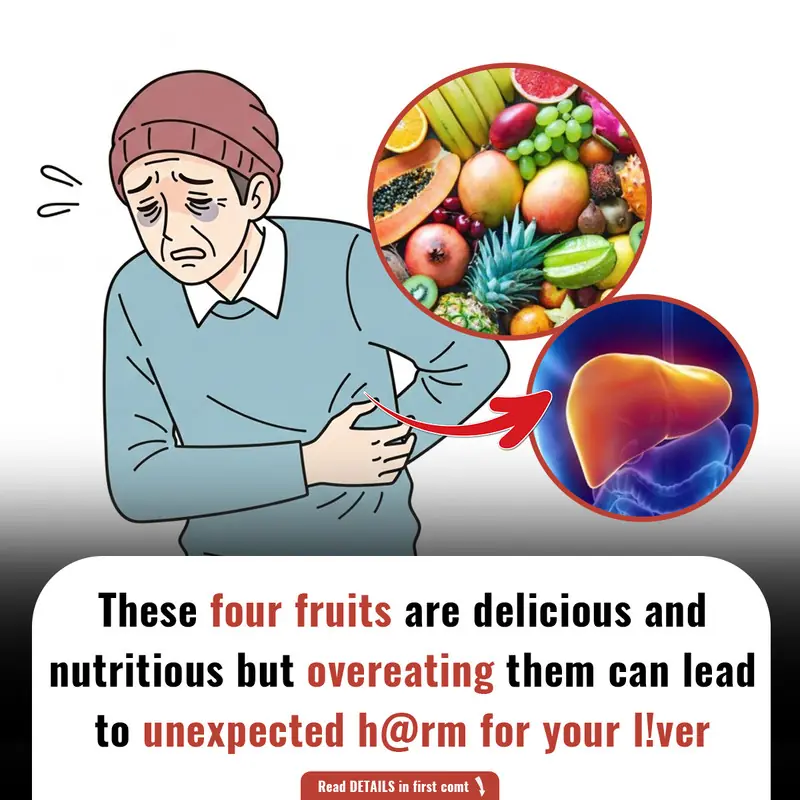
Top 4 Fruits to Limit for a Healthier Liver
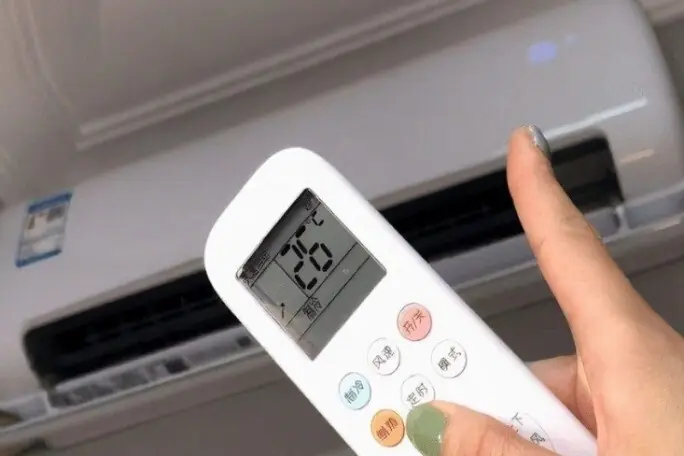
Why Smart People Never Set Their Air Conditioner to 26°C at Night

How to Position Your TV in the Living Room for Optimal Health and Wealth

Hidden D@ngers on Your Dinner Plate: 3 Common Vegetables That May Be D@m@ging Your Digestive Health

Doctors warn just one glass of this drink a day could increase risk of being diagnosed with cancer
A doctor in New York City has discovered a worrying trend between a drink almost two-thirds of Americans enjoy and an aggressive cancer.

Many Confuse This Plant with a Weed, But It’s Actually Full of Surprising Health Benefits
From providing omega-3 fatty acids to supporting heart, bone, and kidney health, purslane offers a wide range of benefits.
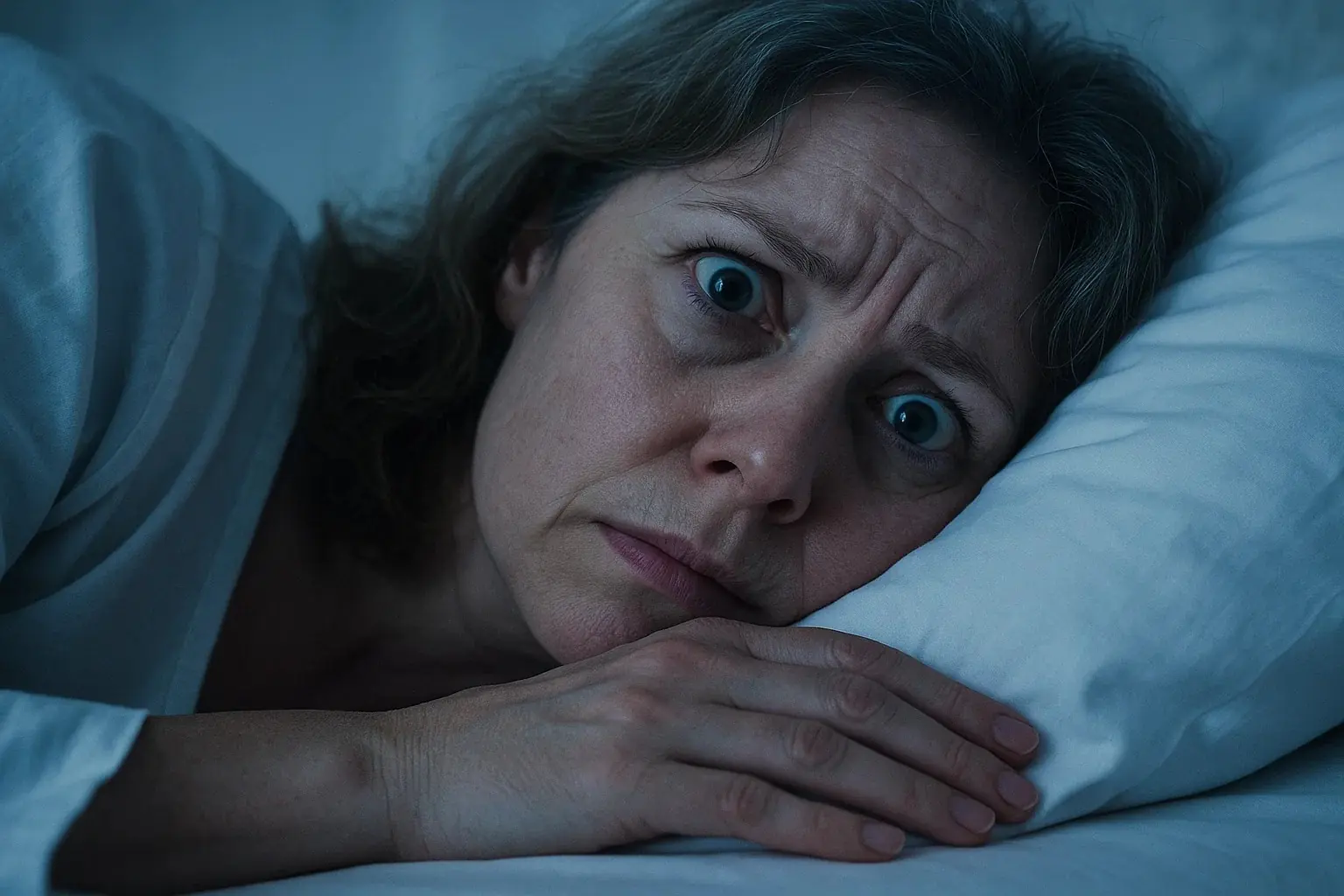
Doctor reveals the one sound people make that means they have under 24 hours left to live
This phenomenon is most commonly observed as the person drifts in and out of consciousness, and their breathing becomes more labored.

Don't Underestimate This Common Feature of Rice Cookers: It Could Be Harmful to Your Health

Smart People Know This Trick: Save Up to 50% on Your Monthly Electricity Bill by Adjusting Your Air Conditioner

Why Smart People Often Insert a Key into the Door When Sleeping: A Simple Habit with Big Benefits

The Surprising Benefits of Placing Ginger Under Your Pillow Before Sleep

6 Groups Who Should Avoid Eating Jackfruit: 2 Common Mistakes to Prevent Health Issues
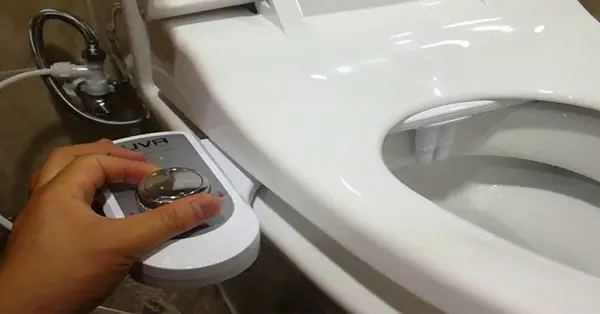
Boost Your Toilet's Flushing Power Instantly with This Simple Trick

5 Essential Habits to Prevent C@ncer Recurrence: Insights from a Japanese Doctor

Four Brothers Diagnosed with Stomach C@ncer: Doctors Identify Two Common Habits as Major Risk Factors

When defrosting fish, remember not to soak it in water. The fishmonger taught me a trick to defrost it quickly, still fresh like raw fish
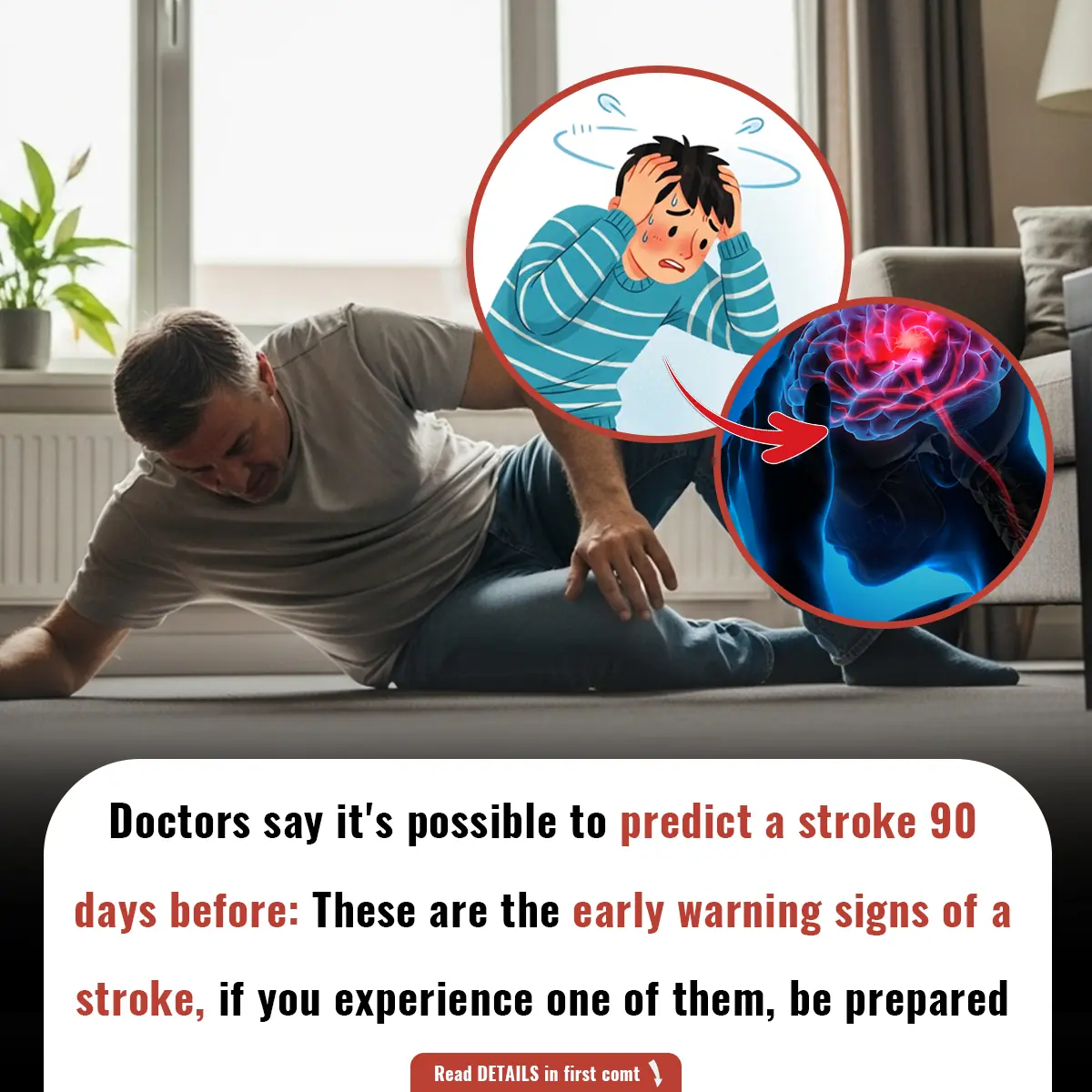
Doctors say it's possible to predict a stroke 90 days before: These are the early warning signs of a stroke, be prepared
News Post

How to Tell the Difference Between Naturally Ripened Durian and Chemical-Ripened Ones

Homemade Eye Roll To Get Rid Of Dark Circles: The Ultimate Natural Remedy for Dark Circles
The homemade eye roll remedy we’ve shared today combines the soothing, brightening, and hydrating powers of olive oil, aloe vera, lemon zest, and raw milk to help reduce puffiness, lighten dark circles, and restore the vitality of the delicate skin arou

3 Simple Items That Help Save Electricity for Your Fridge

The Silent D@nger: 4 'Healthy' Vegetables That Can H@rm Your Kidneys

Top 4 Fruits to Limit for a Healthier Liver

Natural Remedy to Reverse Grey Hair: Unlocking the Secrets to Rejuvenate Your Hair Color
This DIY remedy offers a holistic approach to hair health-nourishing from within and the outside.

5 Powerful Ways to Use Vaseline for Anti-Aging: Natural Remedies for Smoother, Wrinkle-Free Skin
Try these 5 homemade Vaseline treatments today, and enjoy youthful, wrinkle-free, and radiant skin with the power of nature!

Erase Wrinkles and Achieve Glowing Skin Naturally: The Ultimate Banana Face Pack for Youthful Radiance
By incorporating natural ingredients like banana peels, rice, cornstarch, and lemon juice, you can nourish your skin and achieve a radiant, youthful complexion without harsh chemicals or expensive treatments.

Why Smart People Never Set Their Air Conditioner to 26°C at Night

How to Position Your TV in the Living Room for Optimal Health and Wealth

Hidden D@ngers on Your Dinner Plate: 3 Common Vegetables That May Be D@m@ging Your Digestive Health

Doctors warn just one glass of this drink a day could increase risk of being diagnosed with cancer
A doctor in New York City has discovered a worrying trend between a drink almost two-thirds of Americans enjoy and an aggressive cancer.

Many Confuse This Plant with a Weed, But It’s Actually Full of Surprising Health Benefits
From providing omega-3 fatty acids to supporting heart, bone, and kidney health, purslane offers a wide range of benefits.

Doctor reveals the one sound people make that means they have under 24 hours left to live
This phenomenon is most commonly observed as the person drifts in and out of consciousness, and their breathing becomes more labored.

Easy Recipe to Make Rice Water Cubes to Shrink Pores and Get Clear, Radiant Skin
Rice water ice cubes are a simple yet effective skincare treatment that provides immediate benefits and can be easily incorporated into your weekly skincare routine.

5 Homemade Skin Toners for Glowing Skin, Acne, and Dark Spots: Natural Remedies for Healthy, Radiant Skin
Homemade toners are a simple, affordable, and effective way to address common skin concerns such as acne, dark spots, wrinkles, and enlarged pores.

Don't Underestimate This Common Feature of Rice Cookers: It Could Be Harmful to Your Health

Smart People Know This Trick: Save Up to 50% on Your Monthly Electricity Bill by Adjusting Your Air Conditioner
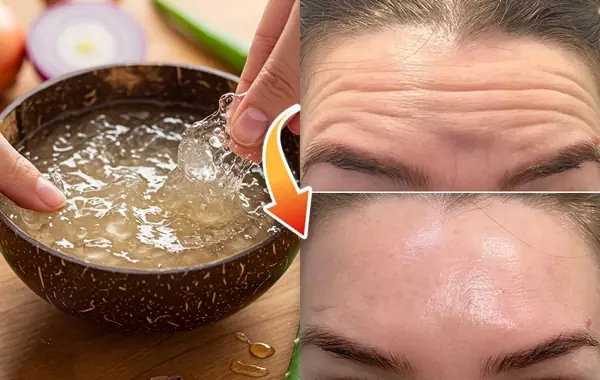
Homemade Aloe Vera Gel to Erase Wrinkles on Your Face: A Natural, DIY Anti-Aging Treatment
By using natural ingredients like cooked rice, almond oil, and aloe vera gel, you can create a powerful DIY mask that helps reduce wrinkles, improve skin elasticity, and nourish your skin.
